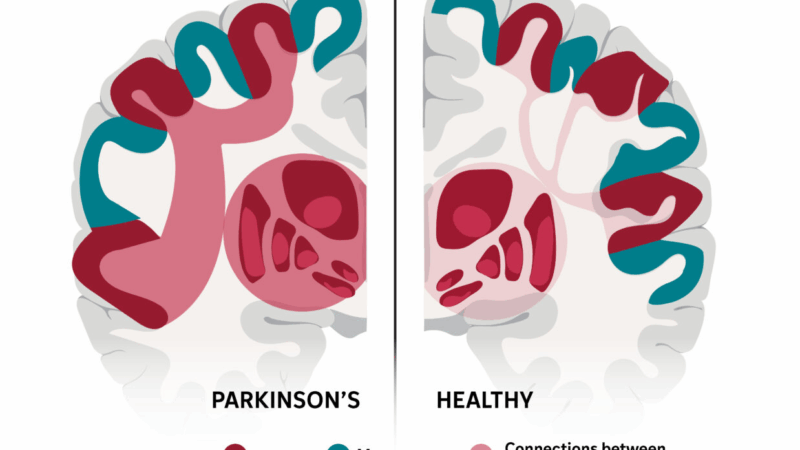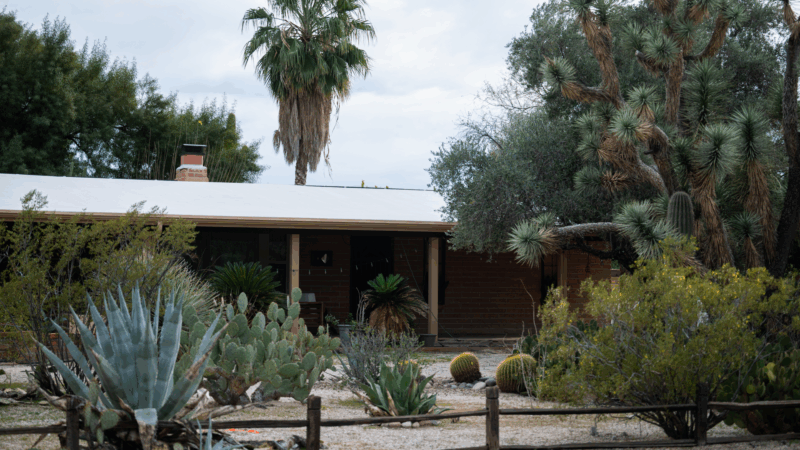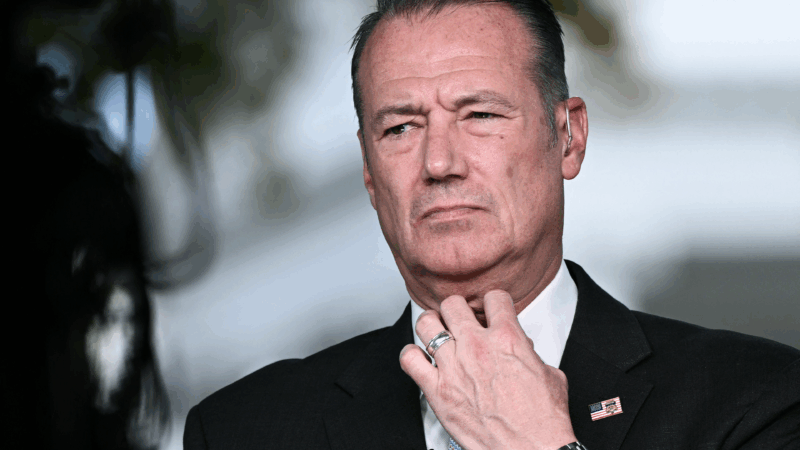U.S. withdraws from U.N. cultural agency over ‘divisive social and cultural causes’
The Trump administration will withdraw the U.S. from the United Nations Educational, Scientific and Cultural Organization (UNESCO) — about two years after the U.S. rejoined the group under Biden.
The agency focuses on promoting international collaboration in education, science and culture. It’s best known for its list of World Heritage sites, which acknowledge places with cultural or natural significance.
On Tuesday, U.S. State Department spokesperson Tammy Bruce said in a statement that involvement in UNESCO is “not in the national interest of the United States,” accusing the U.N. agency of advancing “divisive social and cultural causes.”
Audrey Azoulay, UNESCO’s director general, said the decision was disappointing but anticipated. According to Azoulay, the withdrawal will take effect at the end of 2026.
“This decision contradicts the fundamental principles of multilateralism, and may affect first and foremost our many partners in the United States of America — communities seeking site inscription on the World Heritage List, Creative City status, and University Chairs,” Azoulay said in a press release.
UNESCO has 194 member states and oversees more than 1,200 World Heritage sites — 26 of which are located in the U.S., including the Statue of Liberty, Yosemite National Park and Grand Canyon National Park. Sites that are added to the World Heritage list gain access to international funding to help with protection and conservation.
Among the reasons Bruce gave for the decision to withdraw from UNESCO, were the organization’s “outsized focus” on the U.N.’s sustainable development goals, which include fighting poverty and hunger, as well as promoting gender equality and clean energy.
She called the goals a “globalist, ideological agenda for international development at odds with our America First foreign policy.”
Bruce said the Trump administration also took issue with UNESCO’s move to admit the state of Palestine as a member back in 2011.
“UNESCO’s decision to admit the ‘State of Palestine’ as a Member State is highly problematic, contrary to U.S. policy, and contributed to the proliferation of anti-Israel rhetoric within the organization,” she said.
This is not the first time that the Trump administration has pulled out of UNESCO — it did so during President Trump’s first term in 2018 over similar concerns about anti-Israel bias at the U.N. agency.
Five years later, in 2023, the Biden administration rejoined UNESCO and announced plans to pay over $600 million in back dues.
UNESCO’s decision to include Palestine as a member has sparked debate for years. In 2011, the Obama administration similarly objected to the decision and cut funding to the organization.
NPR’s Michele Kelemen contributed reporting.
This complex brain network may explain many of Parkinson’s stranger symptoms
Parkinson's disease appears to disrupt a brain network involved in everything from movement to memory.
How the use of AI and ‘deepfakes’ play a role in the search for Nancy Guthrie
As artificial intelligence becomes more advanced and commonplace, it can be difficult to know what's real and what's not, which has complicated the search for Nancy Guthrie, according to law enforcement. But just how difficult is it?
Hospitals are posting prices for patients. It’s mostly industry using the data
The Trump administration pushed for price transparency in health care. But instead of patients shopping for services, it's mostly health systems and insurers using the information for negotiations.
‘E-bike for your feet’: How bionic sneakers could change human mobility
Nike's battery-powered footwear system, which propels wearers forward, is part of a broader push to help humans move farther and faster.
Immigration officials to testify before House as DHS funding deadline approaches
Congressional Democrats have a list of demands to reform Immigration and Customs Enforcement. But tensions between the two parties are high and the timeline is short – the stopgap bill funding DHS runs out Friday.
Mikaela Shiffrin set to ski for the first time in the Olympics in team combined event
The team combined event pairs a downhill skier with a slalom skier. The top U.S. duo — the slalom star Shiffrin and Breezy Johnson, who won gold in the downhill on Sunday — is a medal favorite.








